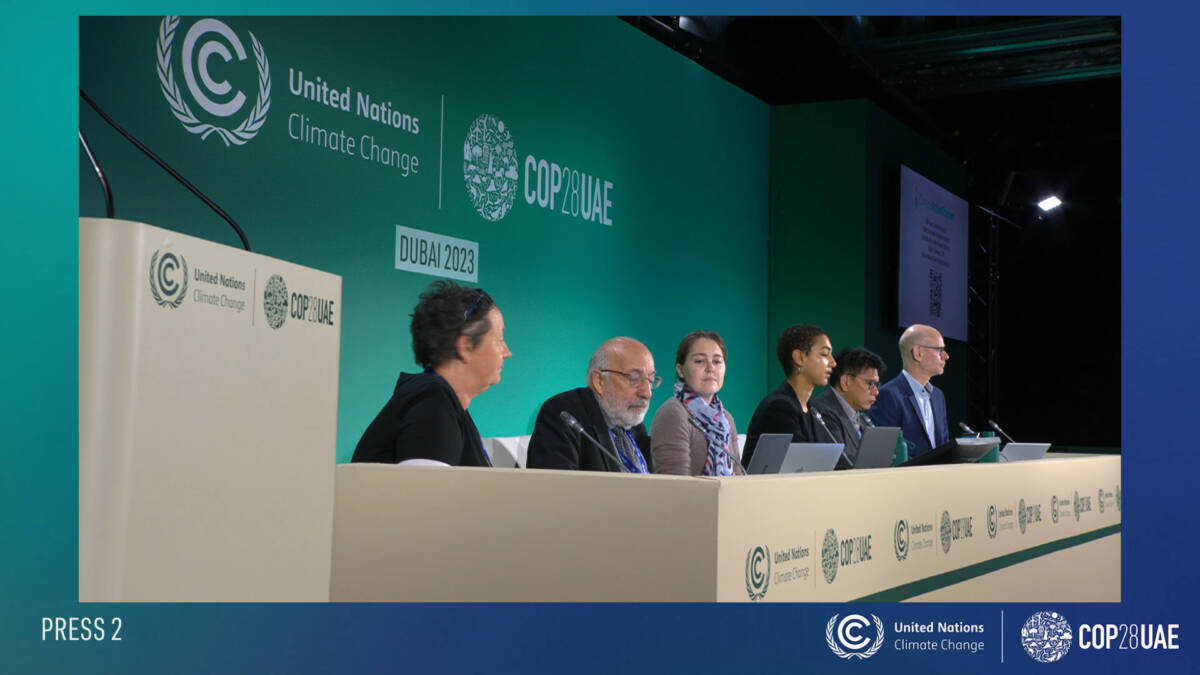Jakarta, December 6, 2023 - The Climate Action Tracker (CAT) has released its latest report on the climate ambition and action of 42 countries, including the European Union. CAT's assessment shows that there has been no significant change in global temperature reduction efforts since last year.
CAT modeled four temperature increase scenarios based…

